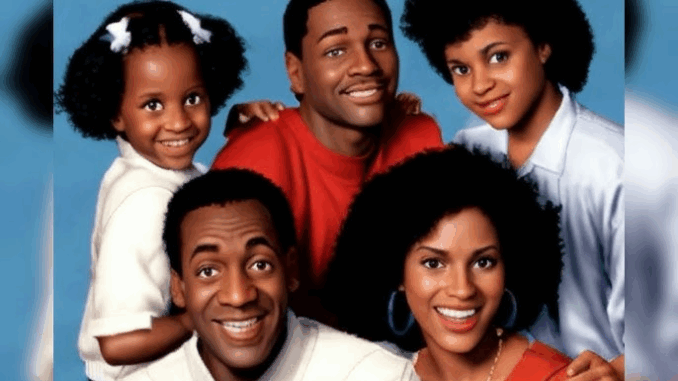
It was once America’s favorite family.
For eight seasons, The Cosby Show dominated television, reshaping the sitcom landscape and redefining the image of Black families on screen. The Huxtables weren’t just beloved characters — they were role models, cultural icons, and, for many, a vision of what America could be.
But behind the laughter and family values, a darker reality was brewing — one that would eventually implode the legacy of the show and the man behind it.
Bill Cosby, the show’s creator and star, was more than just a comedian; he was a cultural powerhouse. With The Cosby Show, he became a symbol of respectability, morality, and upward mobility. Yet decades later, dozens of women came forward with harrowing stories of drugging and sexual assault — stories that would lead to criminal charges, convictions, and public outrage.
Suddenly, the Huxtables didn’t feel so wholesome anymore.
Today, the show exists in a strange limbo. It’s rarely aired. Its achievements are footnoted with caveats. Cultural critics are divided — some argue the art should still be honored; others believe its erasure is justified.
More than a decade after the allegations broke, The Cosby Show serves as a haunting reminder of television’s ability to build myths — and how quickly they can collapse.
What happens when our cultural heroes fall? Can a work of art survive the sins of its creator? And most importantly: who gets to decide?
In the story of The Cosby Show, the American dream met the American reckoning — and nothing on TV has been the same since.
